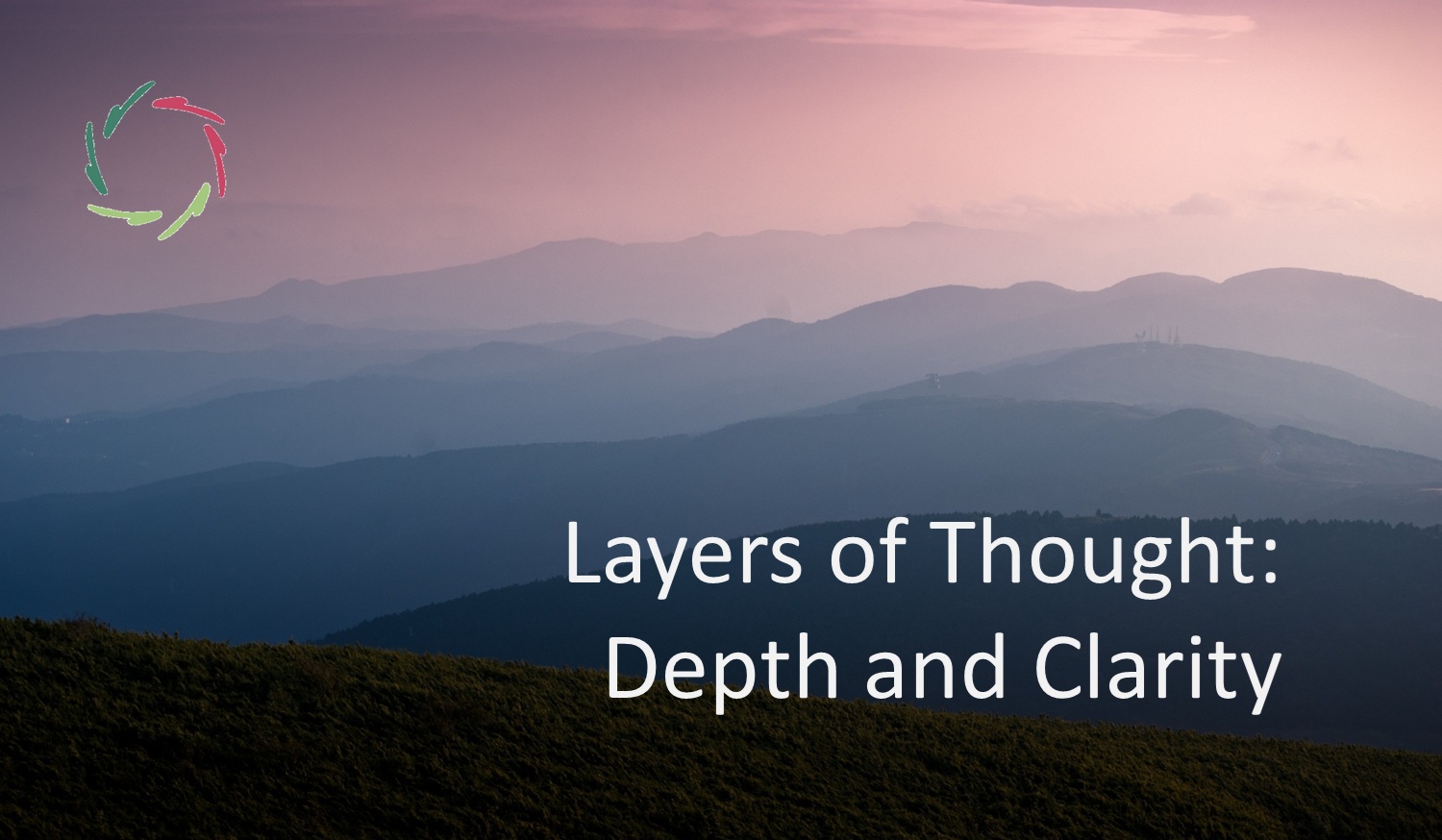Do not Thought-Control the Children

Molding children to the image of (molded) adults should be something from the past by now. Especially in an ever more complex society, children need much Inner Strength, which they can only grow by themselves.
Another brick in the wall
This 1979 Pink Floyd song was written as a protest against overly rigid schooling that may add to a child’s fending off ‘reality’ by building a metaphorical wall around himself.
The ‘reality’ against which the protest goes is one in which the children are molded into easily controllable look-alikes.
For those who are no Floyd addicts: The children in the song’s video form a choir singing, “We don’t need no thought control.”
I agree with them, for sure.
Also, do not throw them in an empty swimming pool
Mentally, of course.
Children need the support of the right kind. The past and present – and probably some of the future – decades – see a transition from rigid molding towards searching for the right support.
It is a transition from building to growth, from square to circle.
However, this doesn’t happen easily. Frequently, the former paradigm is relaxed without much cognitive insight into what the new paradigm requires. That way, children and their teachers end up in a no-paradigm land.
In other words, there is no water in the swimming pool. That’s not an excellent way to order children to swim to the other side. Of course, this leads to much leg-breaking right from the start and to huge performance differences.
In other words, children get demotivated.
With broken motivation, they can be called ‘lazy’ as if this is related to an intrinsic morality flaw. I don’t even believe in such a concept of laziness. I believe in the right kind of support that can kindle deep motivation in any child and adult human being.
The most important in this is: ‘from the inside out.’
Therefore: no thought control
Instead, pedagogic principles may resemble AURELIS coaching principles to a huge degree. A lot of these have been worked out already. They can be translated straightforwardly.
The teacher-as-coach has a huge responsibility in this. There are some general principles of education but the techniques that such a teacher uses are oriented towards the teacher himself. This makes the teacher as a total person the only instrument to be used towards the children in the classroom ― or behind their screens, in COVID times.
That doesn’t mean there is no need for information and structure.
This is another dire result of ‘throwing it all away’ in a forlorn quest for freedom.
There is no freedom if there is no structure from which to be free ― only chaos and bewildering. Soil is needed to grow flowers and trees. There is no thought control in providing the necessary soil, water, sunshine, and other nutrients.
There is also no freedom in just throwing these to the child, neglecting his needs for your further support.
There is freedom in growth and in much insight into where this starts ― or doesn’t.
Not controlling any thought, teaching becomes an art as well as a science.
No bricks, no wall, no ‘education’ in a traditional sense.
But water? Absolutely. Then come the lessons on how to swim. The teacher also gets in the water to show by example the techniques and the being motivated, the love for the water. This cannot be done if the teacher himself is walled in by administration and control.
Hey, controller, leave them teachers alone!
With your controlling, of course. What the teachers need is much support of the right kind. Remember they need to give the correct example.
And there we are again with the same coaching principles.
That is my steadfast opinion.


